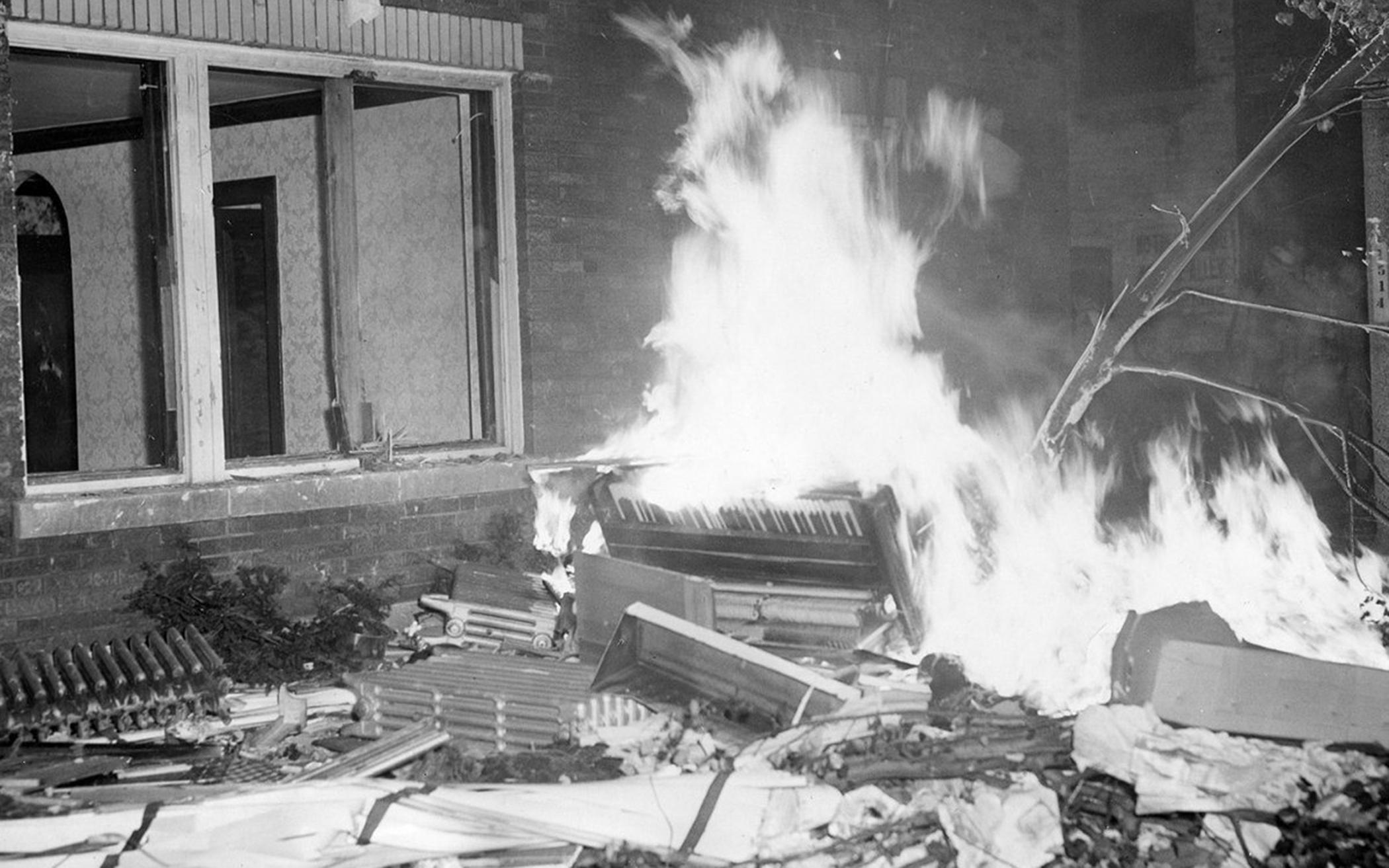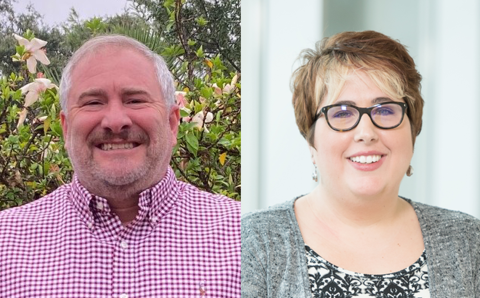I’m a Cicero kid. I was born and raised on the west side of Chicago, and our family moved to Cicero in 1951. I was eight years old when my father told us that he was selling our house in Chicago. When my dad visited First Christian Reformed Church of Cicero, he heard a sermon on Calvin’s doctrine of grace and then learned how the Dutch immigrants valued Christian education, so he decided Cicero would be our new home.
We moved into a community that was roughly divided between Dutch families and Czechs, who were mostly Catholic. In the early 1950s, Cicero became home to hundreds of Dutch families, many of whom had moved to the suburb from Chicago after World War II. Timothy’s junior high and senior school were located in the building across from the church and my years at Timothy schools and at two Christian colleges were good years.
But now, many years later, I have learned some shocking news that I had never known before. Our local book group recently decided to read Isabel Wilkerson’s The Warmth of Other Suns: The Epic Story of America’s Great Migration. Wilkerson tells a tragic story of how Southern Blacks escaped their slavery, fleeing to the North for jobs and a hopeful future between 1915 and 1970.
I was totally caught off guard when I got to page 372 and read a four-page description of the plight of Harvey Clark, his wife, and two children, who rented an apartment in Cicero in May 1951. When they arrived at their apartment building, there was a group of demonstrators who shouted at them, “Get out of Cicero and don’t come back.” The Cicero police took the side of the protestors and wouldn’t let the Clarks unload their furniture. The Cicero police chief told the Clarks, “Get out of here fast. There will be no moving into that building.”
A few days later, movers were able to unload their possessions, but when the Clarks arrived, hundreds of protestors were present, so they left. The protestors stormed the apartment and threw the Clarks’ furniture out of their third-story window, ripped out the stove, smashed the plumbing, and tore up the carpet. They then lit the Clarks’ furniture on fire as Cicero police and firefighters stood by and watched. The next day the mob grew to more than 4,000 people. They hurled bricks at the apartment building and eventually threw firebombs, forcing all of the other twenty white families who were living there to flee as well.
Part of the shock for me was the realization that this apartment building was three blocks from my house, on the same street. It was about one mile from our school and church. What surprised and angered me was how my family never talked about this incident, nor was it ever talked about in church or Sunday school, or in any of my classes during nine years at Timothy.
No one ever talked about it! That’s how racism is allowed to deepen its roots. We put on blinders and simply choose to ignore what we don’t want to see. The commandments from Old Testament prophets and from Jesus teach us that biblical justice requires a wide-angle lens. Faithful followers of the gospel don’t have the option to focus only on their family and immediate friends. Caring for the “Clark families” in our communities—obvious victims of injustice and racial prejudice—is the absolute least we can do!
We must talk about it.
About the Author
John Bernbaum lives in Rockville, Mary. He attends National Presbyterian Church in Washington, D.C. Read more of his writing at johnabernbaum.org.









